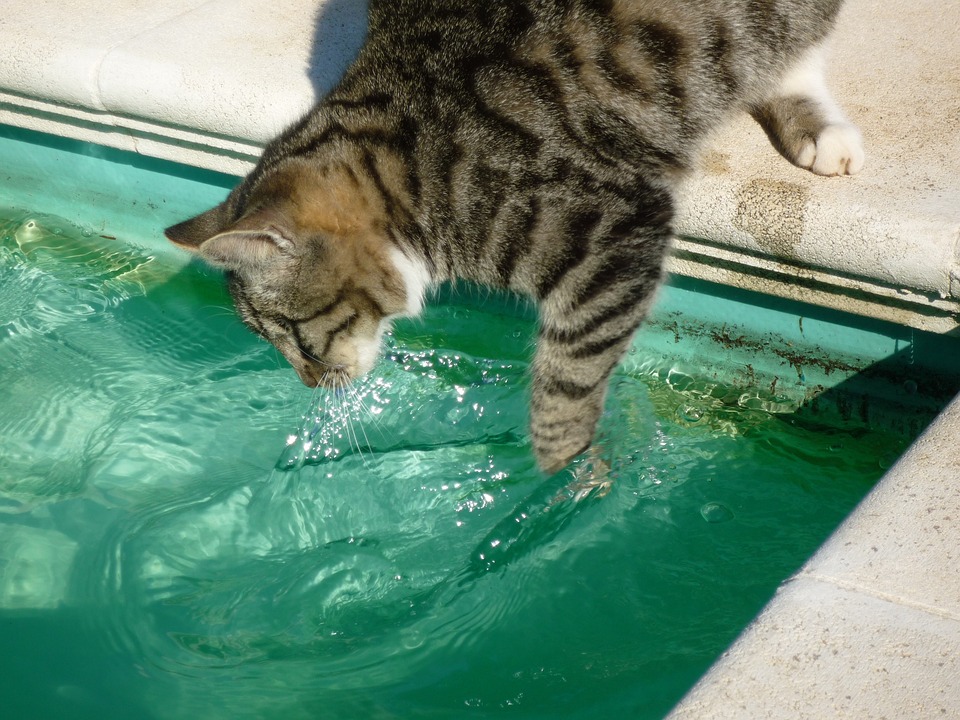Introduction:
Keeping a close eye on the health of your fish is crucial in maintaining a thriving and beautiful aquarium. However, recognizing the early signs of fish illness can be challenging, especially for beginners. In this article, we will discuss the various symptoms that indicate potential health issues in fish and provide you with expert advice on how to identify and address them promptly.
I. Common Signs of Fish Illness
A. Changes in Behavior
1. Lethargy and Loss of Appetite: If you notice that your fish is not swimming or eating as much as usual, it could be a sign of illness.
2. Unusual hiding or swimming patterns: Fish that are constantly hiding or swimming erratically may be experiencing stress or illness.
3. Aggression or excessive fin nipping: Aggression or fin nipping can indicate territorial issues or the presence of parasites.
B. Physical Abnormalities
1. Faded or discolored patches on the body or fins: Changes in coloration can be a sign of infection or internal issues.
2. Abnormal growths or tumors: Any abnormal growths or tumors should be examined by a veterinarian.
3. Open sores or lesions: Sores or lesions may indicate bacterial or fungal infections.
C. Respiratory Distress
1. Rapid breathing or gasping at the water surface: If your fish is constantly gasping for air, it may be suffering from respiratory distress.
2. Gills appearing red, inflamed, or covered in mucus: Red or inflamed gills can be a sign of infection or poor water quality.
D. Abnormal Feces and Waste
1. Stringy or white feces: Changes in feces consistency or color can indicate digestive issues or parasitic infections.
2. Bloated or distended abdomen: A bloated abdomen may be a sign of constipation or organ failure.
3. Cloudy or discolored water: Cloudy or discolored water can be a result of poor water quality, which can lead to fish illness.
II. Identifying Specific Fish Diseases
A. Ichthyophthirius multifiliis (Ich)
1. White spots resembling grains of salt: Ich is a common parasite that causes small white spots on the fish’s body and fins.
2. Scratching against objects in the tank: Fish with Ich will often scratch themselves against objects in the tank to relieve itching.
B. Fin Rot
1. Frayed or ragged fins: Fin rot is a bacterial infection that causes the fins to deteriorate and become frayed.
2. Fin deterioration or loss: If you notice that your fish’s fins are deteriorating or falling off, it may be suffering from fin rot.
C. Dropsy
1. Swollen body, especially around the abdomen: Dropsy is a condition characterized by fluid retention and a swollen abdomen.
2. Pinecone-like appearance of scales: In advanced cases of dropsy, the fish’s scales may protrude, giving a pinecone-like appearance.
D. Velvet Disease
1. Golden or rust-colored dust-like particles on the fish’s skin: Velvet disease is caused by a parasitic infection and manifests as golden or rust-colored dust on the fish’s skin.
2. Flashing or rubbing against objects vigorously: Fish with velvet disease will often rub against objects in the tank to alleviate itchiness.
III. Taking Immediate Action
A. Isolate Infected Fish
1. Set up a quarantine tank: Create a separate tank to isolate the infected fish, preventing the spread of disease.
2. Transfer the affected fish carefully: Use a net to transfer the fish to the quarantine tank, being cautious not to stress or injure it.
B. Adjust Water Parameters
1. Test water quality parameters (pH, ammonia, nitrite, nitrate): Regularly test the water for any imbalances that could contribute to fish illness.
2. Perform partial water changes and maintain proper filtration: Regular water changes and proper filtration are essential for maintaining a healthy aquatic environment.
C. Administer Medications
1. Consult a veterinarian or experienced aquarist for appropriate treatment: Seek professional advice to determine the best course of treatment for your fish.
2. Follow dosage instructions carefully: When administering medications, it is crucial to follow the instructions to avoid overdosing or underdosing.
IV. Frequently Asked Questions (FAQs)
Q1. How can I prevent fish diseases in the first place?
A: Maintaining good water quality, providing a balanced diet, and avoiding overcrowding can help prevent fish diseases.
Q2. Can stress lead to fish illness?
A: Yes, stress weakens the immune system of fish, making them more susceptible to diseases.
Q3. Are there any natural remedies for fish diseases?
A: Some natural remedies, such as aquarium salt, certain plant extracts, or herbal treatments, may have limited effectiveness. However, consulting a professional is recommended.
Q4. Is it safe to use aquarium salt as a preventive measure?
A: Using aquarium salt in moderation can help prevent certain diseases and promote fish health. However, it is essential to follow proper dosage and avoid salt-sensitive fish species.
Q5. Should I remove sick fish from the main tank immediately?
A: It is advisable to isolate sick fish in a quarantine tank to prevent the spread of disease to other healthy fish.
Conclusion:
By familiarizing yourself with the early signs of fish illness and taking prompt action, you can increase the chances of successfully treating your fish and preventing the spread of diseases within your aquarium. Remember, a healthy and vibrant aquatic environment starts with attentive observation and proactive care.









